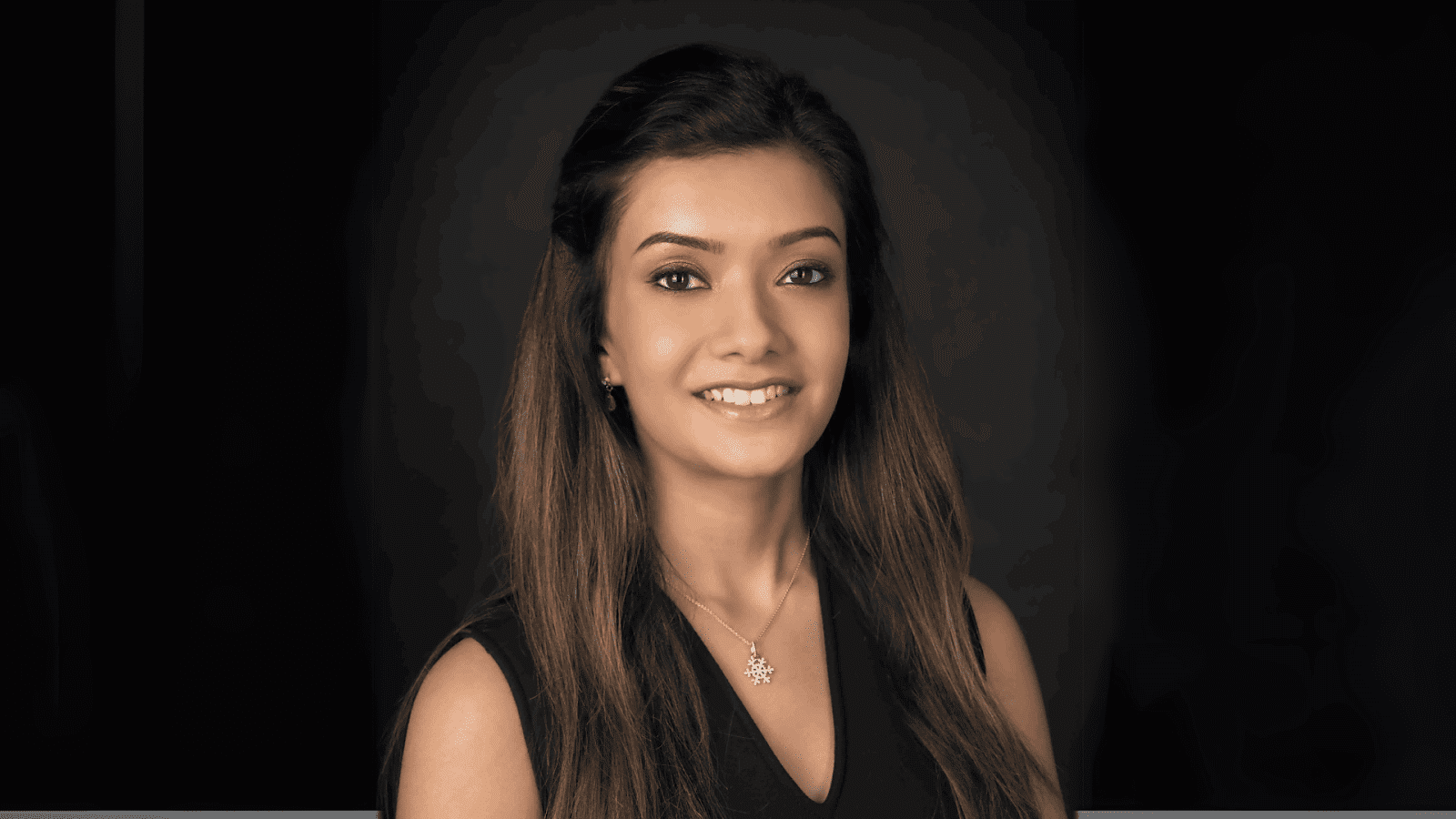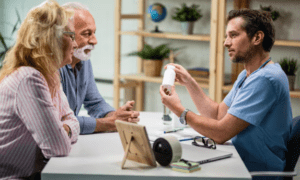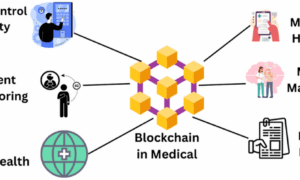Across London, even the most private and well-connected patients often find themselves sitting in the same space as everyone else: the waiting room. The delay can stretch into days or weeks. For individuals used to efficiency in every other aspect of life, the fragility of medical care feels jarring. Money cannot erase long queues, nor can status guarantee that when something feels wrong, a doctor will have time to listen. The system, even at the highest level of private medicine, leaves many uneasy.
In these moments, people often imagine what it would mean to have a physician available in the daily rhythm of life. Someone who knows their medical history intimately, who speaks for them when they are uncertain, and who can act before a symptom grows into a diagnosis. That yearning has fueled a rising interest in concierge medicine, a model built on trust, time, and personal connection.
A Mission Born from Experience
Priyanka Chaturvedi did not learn about concierge medicine from glossy marketing brochures but through a mentor while studying at Cambridge Judge Business School. The idea seized her because she had already lived the vulnerability of health emergencies and had grown up in a family of doctors. She knew first-hand how disorienting it could feel to face a crisis without medical guidance at home.
What she found in concierge medicine was a direct answer to the gap she had long noticed in British healthcare. Standard private practices, while highly regarded, often required patients to wait one or two weeks for appointments. For someone facing pressing health concerns, those delays were not acceptable. She envisioned something different: immediate access, complete trust, and continuity that did not fracture when a patient crossed borders or sought multiple opinions.
It was out of that determination that HealthClic was born, now recognized as London’s first concierge medicine practice.
Breaking the Wall of Distrust
Chaturvedi often speaks of the Trust Barrier. For the ultra-wealthy, trust is rare and easily broken. They live in a world where every service comes with hidden interests, and medical care is no exception.
She insists that concierge doctors must remain unaffiliated, unbiased, and financially independent of large medical institutions. “Concierge doctors MUST be completely unbiased and unaffiliated with any large medical institution or hospital,” she says. That clarity reassures patients that the doctor has no stake beyond their wellbeing.
HealthClic’s membership model reinforces this principle. Instead of paying per consultation, patients pay a flat fee that covers unlimited access. This removes pressure from both sides. The doctor is not rewarded for prescribing more tests or rushing through appointments, and the patient can reach out at any time without fear of escalating bills. It changes the entire rhythm of care, making it about dialogue rather than transactions.
Medicine Written in Code
From its earliest days, HealthClic has woven precision medicine into its work. Whole-genome sequencing allows doctors to read what Chaturvedi calls the blueprint of life, revealing hereditary risks before lifestyle factors begin to weigh heavily. “It can reveal possible hereditary risks before lifestyle factors come into play,” she explains.
By reading this genetic script, doctors can advise patients long before symptoms develop. The insights can validate or refine existing diagnoses and guide which tests or preventive steps to prioritize. In some cases, sequencing offers peace of mind; in others, it sets a red flag that might otherwise have remained hidden until too late.
HealthClic also explores new diagnostic technologies, including point-of-care AI tools that could accelerate reporting during consultations. While these tools are still emerging, the goal is to compress waiting times and empower physicians with immediate feedback. For individuals managing global business empires or demanding travel schedules, that kind of speed is invaluable.
Underlying these technologies is Chaturvedi’s unwavering emphasis on prevention. She critiques what she calls the “sick care” model waiting until illness dictates the next step. By maintaining a physician-to-patient ratio of roughly 50 families per doctor, HealthClic builds the capacity to monitor, follow up, and step in early. That intimacy allows patients to have a physician who regularly checks in, nudges them toward screenings, and remains present long before a crisis.
Beyond London’s Borders
Chaturvedi’s ambitions reach far past London. Many of her patients live across multiple countries, and with that mobility comes inconsistency in medical care. She envisions a system where concierge medicine travels with the patient, offering continuity across borders and removing the need to restart medical histories with every move.
Her view of wellness is cautious but deliberate. She acknowledges the rise of high-end wellness offerings, some promising more than they can deliver. She draws a line between evidence-based practice and unproven trends, warning patients against confusing prestige with quality. Nutrition, exercise, mental health, and ageing science can support longevity, but only when rooted in rigorous medical oversight.
Chaturvedi notes that patients increasingly want more than prescriptions, they want insight into their health and guidance on protecting their legacy. “Medicine isn’t about prescribing pills anymore; patients want to delve deeper and protect their health and their legacy,” she says.
For her, the heart of concierge medicine is in the quiet, personal assurance that someone is watching out for you. HealthClic began with a single idea that trust and presence matter more than anything. It is now a model of care that offers a powerful answer to the silence in the waiting room.



































